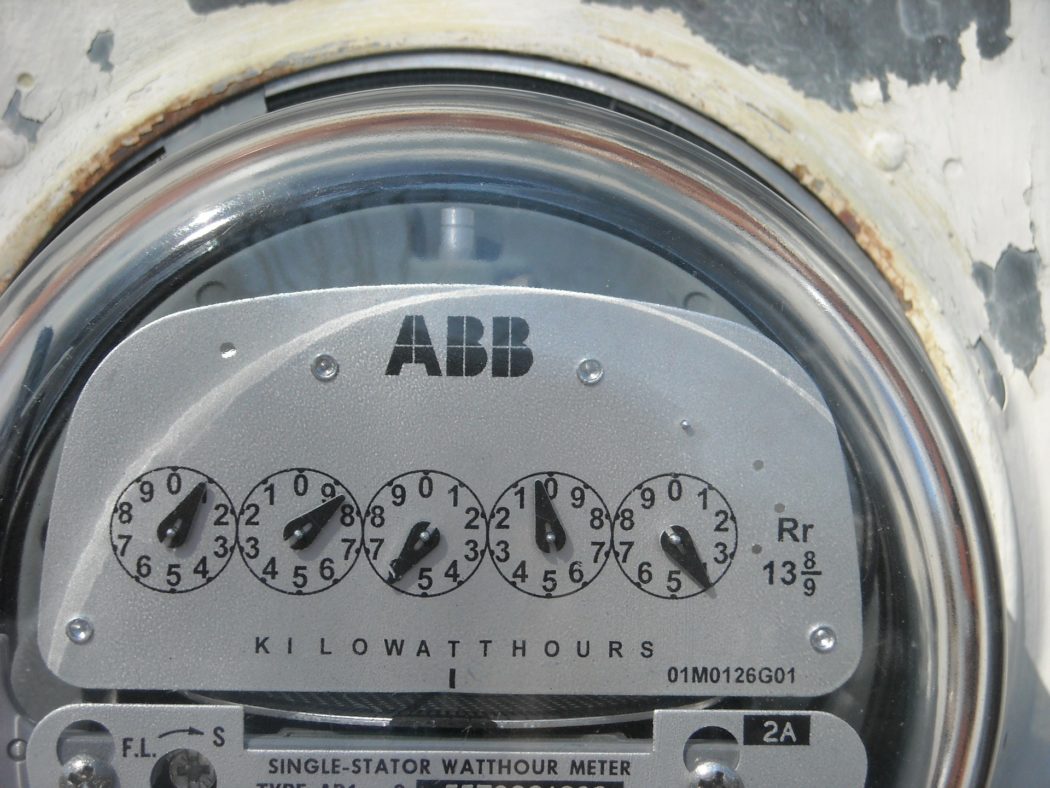The Senate has passed on third and final reading the “Murang Kuryente” bill aiming to reduce electricity rates by utilizing part of the government’s P204-billion share from the Malampaya Fund to pay for the collected debt being passed on to consumers.
Under the bill, stranded contract costs and debts, missionary electrification and environmental charges of the National Power Corp. (Napocor), as well as the feed-in-tariff allowance that is being charged to consumers as universal charges will be paid through the government’s share from the Malampaya natural gas project.
The bill was authored by Senate President Pro-Tempore Ralph Recto and was sponsored by Senator Sherwin Gatchalian.
“Murang Kuryente” is expected to save consumers P0.8474 per kilowatt hour (kwh) in electricity rates to pay for the Power Sector Assets and Liabilities Management Corp. (PSALM)’s debt.
When the government sold off assets from the previous Napocor, it was left with remaining liabilities that were not included in the sale, Recto said.
PSALM assumed the responsibilities and passed the charges on to consumers, Recto added.
“This explains why our electricity bill contains that seemingly innocuous item called universal charges or UC. It is where these stranded costs are lumped together with other unitemized payables,” Recto said.
Components of universal charge include the missionary electrification, which is the charges imposed by small power utility groups the deliver power supply to remote areas, as well as environmental charge.
Gatchalian said universal charges are expected to continuously increase in the next years to pay off PSALM’s stranded debt of P466.2 billion and the cash flow projection of agency presents the need to collect an accumulated universal charge of P0.8600 per kwh from 2020 to 2026.
“This means a total additional charge of P172 per month for an average household – money that could have been used to buy two to three additional kilos of rice,” Gatchalian noted.
By 2026, PSALM’s debt will reach P566.2 billion. By 2031, the financial obligation will grow to P595.6 billion due to repayments from borrowings.
Using the Malampaya Fund instead of charging the consumers to settle the financial obligations is the “painless way,” Recto said.
Gatchalian added that with this, it will save consumers P169.48 per month and P2,033.76 per year, an amount that will be enough to buy a household an extra sack of rice.
Senators said the unspent share from the Malampaya Fund stood at P204 billion as of December 2017.


